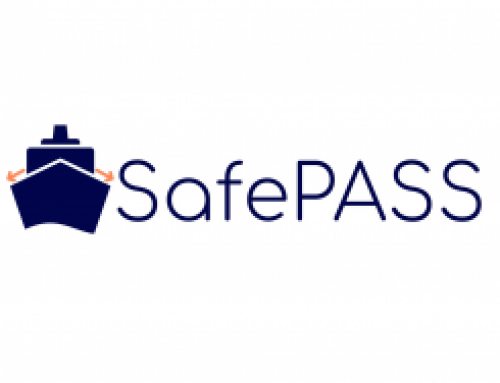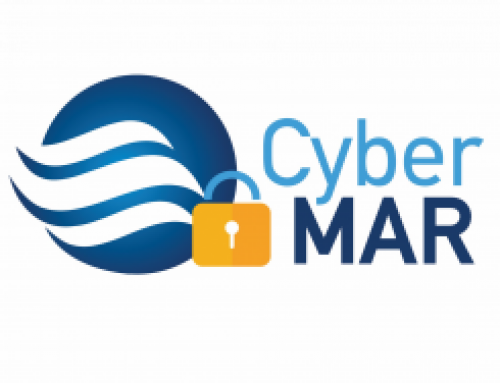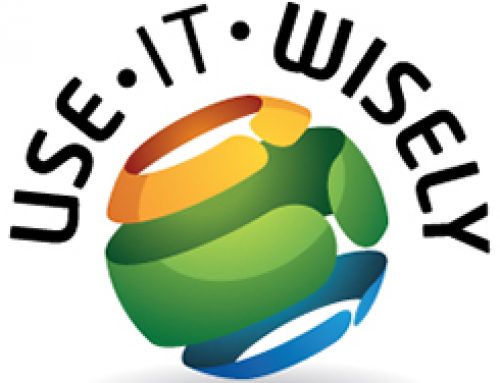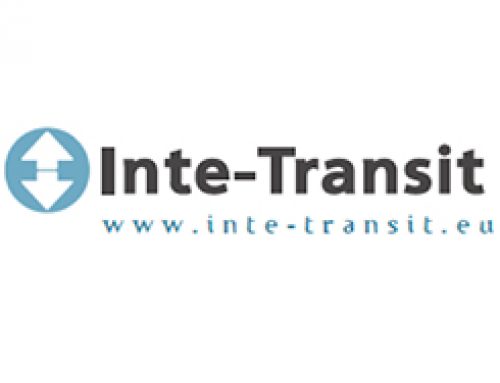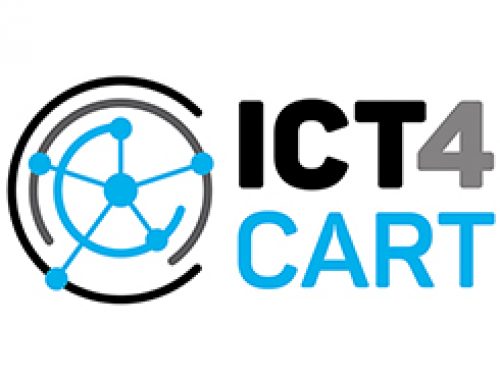Clusters 2.0
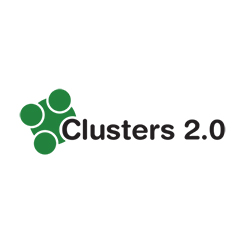
Title: Open network of hyper connected logistics clusters towards Physical Internet- CLUSTERS 2.0
Contracting Authority: European Commission H2020
Contract Number: 723265
Start Date: 01/05/2017
End Date: 30/04/2020
Project Website: http://www.clusters20.eu
“If we want to reach the EU objective on modal shift for all transportation beyond 300 km and attract and strengthen competitiveness of local industries at the same time, we need to drive the development of an open collaborative network of hyper connected logistics multi modal clusters building on Ten-T” Clusters 2.0 Consortium
CLUSTERS 2.0 is an H2020 European project composed of 29 partners from 10 European Countries, with a vision to leverage the full potential of European Logistics Clusters for a sustainable and fully integrated transport system in Europe, by making optimal use of an Open Network of Logistics Clusters and hubs, involving Zaragoza (PLAZA), Duisburg (Duisport), Lille (Dourges), Bologna-Trieste (Interporto/port of Trieste), Brussels (BruCargo), London (Heathrow), Piraeus (PCT), Trelleborg (Port), while keeping neutral the environmental and local impacts such as congestion, noise, land use and local pollution levels.
CLUSTERS 2.0 project aims: (1) at improving the engagement, performance and coordination of terminals and hubs at cluster level, by (2) building a hyper connected network of logistics hubs and clusters and (3) by developing low-cost solutions to reduce operational costs of transshipment. In order to fulfil the above objectives, (4) prototypes of New Modular Load Units will be modelled and (5) enhanced Dynamic Terminal Management Systems for increasing management capacity of the terminals and reducing associated congestion will be developed. To improve, validate and test the proposed solutions, (6) 5 Living Labs (LLs) will be established and run, leading to (7) the development of Business Models and Robust Business Plans for Clusters 2.0 solutions.
The ambition of Clusters 2.0 is to move forward in co-operation of actors and connectivity of clusters within a truly integrated European Transport System. Clusters 2.0 attempts to achieve a significant step forward in the role of hubs, by driving sustainability and competitiveness for their regions leveraging their full potential to meet EU transport challenges, as described in the White Paper on Transport (2011), especially on transport efficiency and modal shift.
SEAbility is involved in the definition of methodologies and terminal processes for optimised vehicles scheduling as well as in the commercial exploitation of Clusters 2.0, through integrating the project platform’s capabilities in its own product and services portfolio, expanding its range of offered solutions. More specifically, SEAbility is aiming at participating in commercial deployments of the platform, as an integrator, as well as providing its ITS-related module to other integrators on a royalties-based model.
Project newsletters:
- Clusters 2.0 first newsletter
- Clusters 2.0 second newsletter
- Clusters 2.0 third newsletter
- Clusters 2.0 forth newsletter
- Clusters 2.0 fifth newsletter
Project videos:

